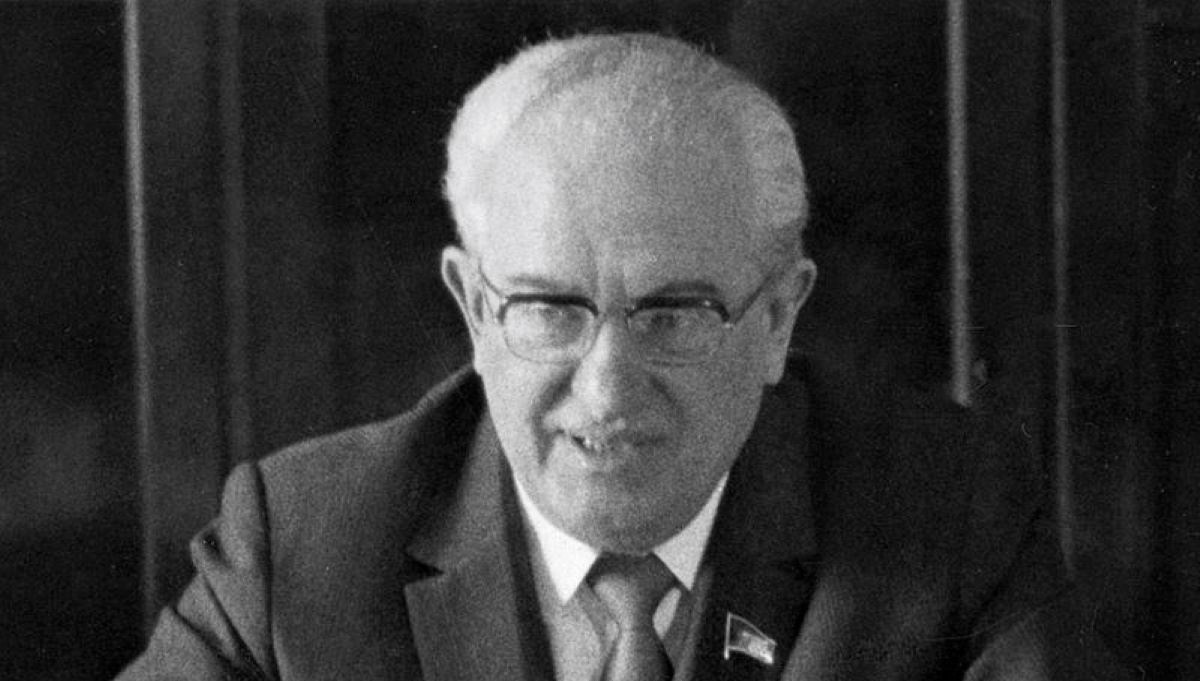Yuri Vladimirovich Andropov was a Soviet politician and statesman who served as the General Secretary of the Communist Party of the Soviet Union and leader of the USSR for a brief period of 15 months. Prior to that, he was the head of the KGB and played a key role in suppressing the Hungarian Revolution of 1956. During his leadership, he attempted reforms aimed at improving economic efficiency and fighting corruption, but with limited success. His era was marked by worsening relations with the United States, including the incident of shooting down a South Korean passenger plane. Andropov died in 1984 and was succeeded by Konstantin Chernenko, followed by Mikhail Gorbachev.
Political Perspectives:
Left: Left-leaning reports tend to emphasize Andropov’s role in suppressing dissent and political repression during his time as KGB chief, highlighting the human rights abuses and lack of political freedoms under his leadership. They often critique his reforms as insufficient and symbolic rather than substantive, and focus on the negative impact of his policies on Soviet citizens.
Center: Centrist perspectives provide a balanced view of Andropov’s career, acknowledging his efforts to reform the Soviet system and combat corruption, while also recognizing the limitations and failures of these reforms. They note his significant role in Cold War politics, including the deterioration of US-Soviet relations, and present his leadership as a transitional period before Gorbachev’s reforms.
Right: Right-leaning narratives often highlight Andropov’s hardline stance against the West and his role in maintaining Soviet power during a tense period of the Cold War. They may praise his attempts to strengthen the Soviet state and criticize Western policies and provocations that escalated tensions. Some right-leaning views might downplay the repression aspects and focus on his leadership qualities and loyalty to the Soviet system.


















